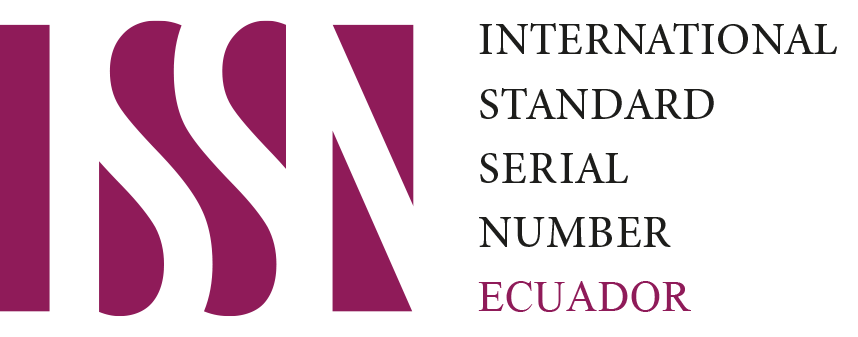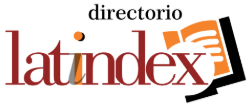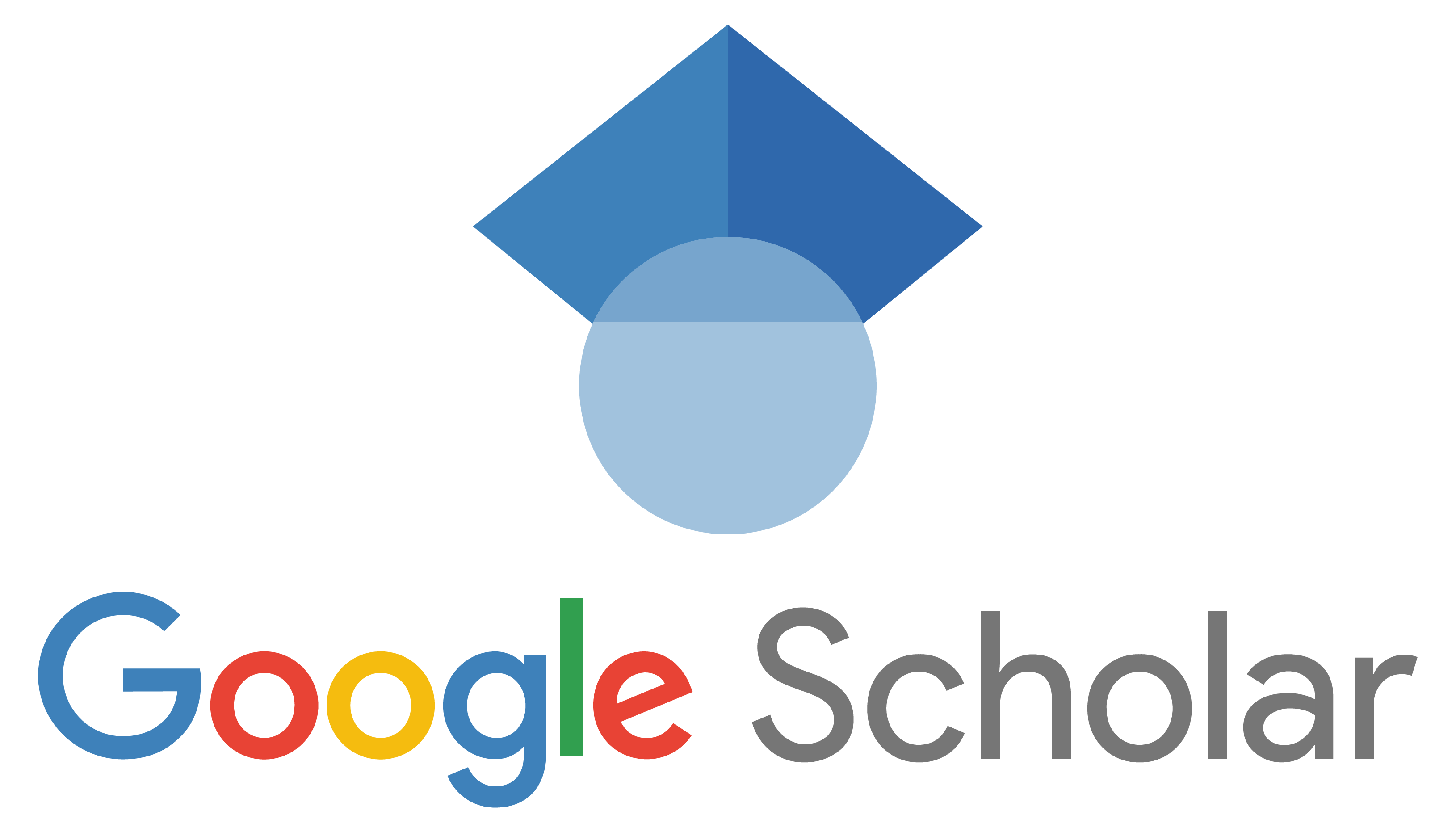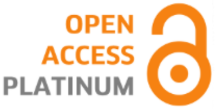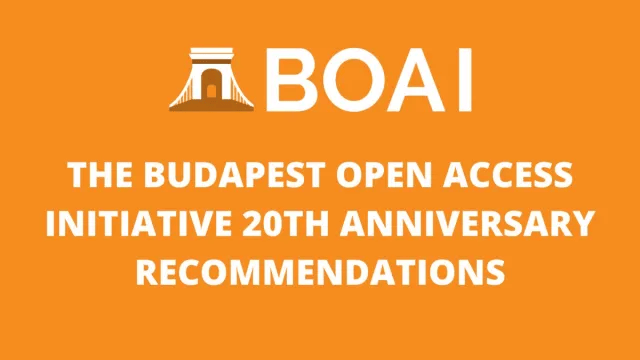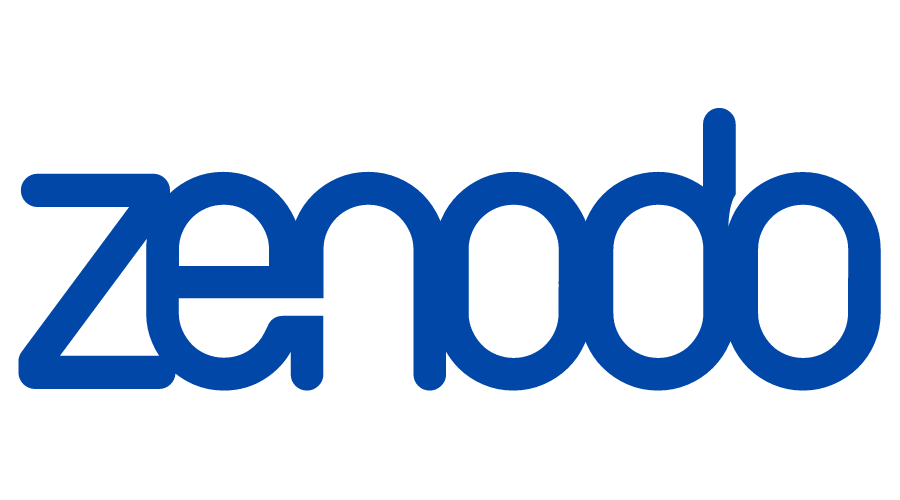Section policy
Editorials
Editorials provide critical analysis and commentary on topics of priority interest in education, science, and the humanities. They will be submitted at the editorial board's invitation to ensure quality and relevance. Requested editorials will be reviewed internally before publication. Unsolicited editorials will also be considered, provided they address relevant and current issues for the journal's audience. These are not subject to peer review but must meet academic quality standards. Guest authors may suggest specific topics or proposals for editorials, which the editorial board will evaluate.
Letters to the editor
Letters to the editor are brief comments responding to previously published articles, encouraging academic dialogue. These letters may include up to 1000 words, 2 figures, 1 table, and a maximum of 10 references.
Technical notes
Technical notes present methodological or technical innovations that impact education and the humanities, contributing new approaches and practical solutions. These notes are brief reports that may address methodological advances or innovative applications.
Reflection articles
These articles include proposals for critical analysis and reflections on ethical, social, and political aspects related to education and the humanities. They provide perspectives that encourage debate and in-depth discussion on relevant topics.
Research essays
These are academic tools designed to explore theories, methodologies, and their applicability in specific contexts. These documents present topics of scholarly interest by analyzing theoretical arguments and empirical results, strengthening the debate in disciplines such as Education Sciences and Humanities. In addition, they promote a critical and rigorous discussion, both conceptually and methodologically, to develop, question, or perfect existing theoretical frameworks.
Research articles
Research articles present original and unpublished results that contribute to the advancement of knowledge in education, sciences, and humanities. They follow a standard structure: title, authors, abstract, introduction, methodology, results, discussion, conclusions, and references.
Case studies
These present methodological approaches focus on studying specific phenomena within particular contexts, providing in-depth and contextualized descriptions. These studies are valuable for extracting practical lessons, proposing innovative solutions, and improving practices in Education and Health. They can cover single or multiple cases, emphasizing understanding processes, evaluating interventions, and generating perspectives contributing to applied knowledge and theoretical development.
Review articles
These articles analyze, synthesize, and critically evaluate the existing literature on a specific topic, providing a comprehensive view of the state of knowledge through narrative, systematic reviews, and meta-analyses.







